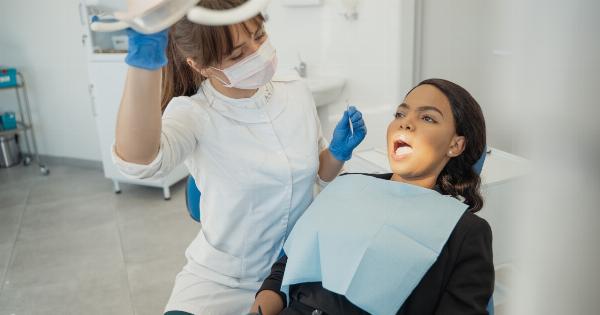Psoriasis is a chronic inflammatory skin condition that affects millions of people worldwide.
It is caused by an overactive immune system that results in the production of too many skin cells, leading to red, scaly patches on different parts of the body. It can be a painful and frustrating condition that significantly impacts quality of life. Thankfully, several psoriasis treatments are available that can help improve the symptoms and quality of life of those living with the condition.
In this article, we will explore some of the ways in which psoriasis treatment can improve the quality of life of those living with the condition.
Reducing symptoms
One of the primary benefits of psoriasis treatment is its ability to reduce the symptoms of the condition.
Psoriasis can cause significant itching, redness, and scaling, making it difficult for those living with the condition to engage in everyday activities such as work, socializing, and exercise. By reducing these symptoms, psoriasis treatment can significantly improve the quality of life of those living with the condition. Some common treatments for psoriasis include:.
Topical treatments
Topical treatments are medications that are applied directly to the skin. They can include creams, lotions, foams, gels, and ointments. Topical treatments are often the first line of defense for people with mild to moderate psoriasis.
They contain medications that can help reduce inflammation, itching, and scaling. Common topical medications for treating psoriasis include corticosteroids, vitamin D analogues, retinoids, and calcineurin inhibitors.
Phototherapy
Phototherapy is a treatment that uses ultraviolet (UV) light to reduce inflammation and speed up the healing process. It can be administered in a doctor’s office or at home using a special light box.
Phototherapy can be effective for people with moderate to severe psoriasis who have not responded to other treatments. However, it is essential to follow the recommendations of a doctor when using phototherapy as overexposure to UV light can increase the risk of skin cancer.
Systemic medications
Systemic medications are medications that are taken orally or by injection. They work by targeting the immune system to reduce inflammation and control the symptoms of psoriasis.
Systemic medications are often prescribed for people with moderate to severe psoriasis who have not responded to other treatments. Common systemic medications for treating psoriasis include methotrexate, cyclosporine, and biologic drugs such as adalimumab, etanercept, and ustekinumab.
Improving emotional well-being
Psoriasis can have a significant impact on a person’s emotional well-being. The visible symptoms of psoriasis can cause embarrassment and frustration, leading to anxiety and depression.
Living with a chronic condition can also be stressful, especially if it requires frequent doctor visits and ongoing treatment.
Psoriasis treatment can help improve a person’s emotional well-being by reducing the visible symptoms of the condition.
For example, a person who previously avoided social situations due to embarrassment about their psoriasis may feel more confident and relaxed after their symptoms are reduced. Additionally, psoriasis treatment can help reduce the stress associated with managing a chronic condition, allowing individuals to focus on other aspects of their lives.
Improving physical health
Psoriasis is a chronic inflammatory condition that can put a person at an increased risk for other health problems. People with psoriasis have a higher risk of developing cardiovascular disease, type 2 diabetes, and certain types of cancer.
Additionally, the itching and scaling associated with psoriasis can lead to sleep disturbances and fatigue, which can impact a person’s physical health.
Psoriasis treatment can help improve a person’s physical health by reducing inflammation and controlling the symptoms of the condition. By reducing inflammation, psoriasis treatment can help reduce the risk of other health problems.
Additionally, reducing the itching and scaling associated with psoriasis can help improve sleep quality and reduce fatigue.
Conclusion
Psoriasis is a chronic inflammatory skin condition that can significantly impact a person’s quality of life.
However, there are several psoriasis treatments available that can help improve the symptoms and quality of life of those living with the condition. By reducing symptoms, improving emotional well-being, and improving physical health, psoriasis treatment can help individuals living with the condition lead happier and more fulfilling lives.






























